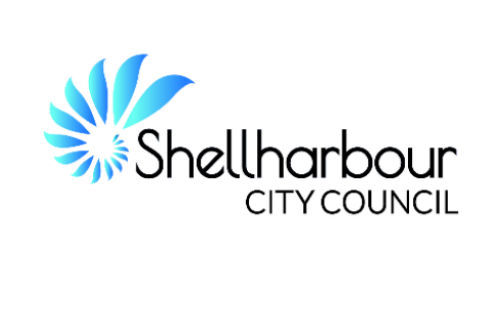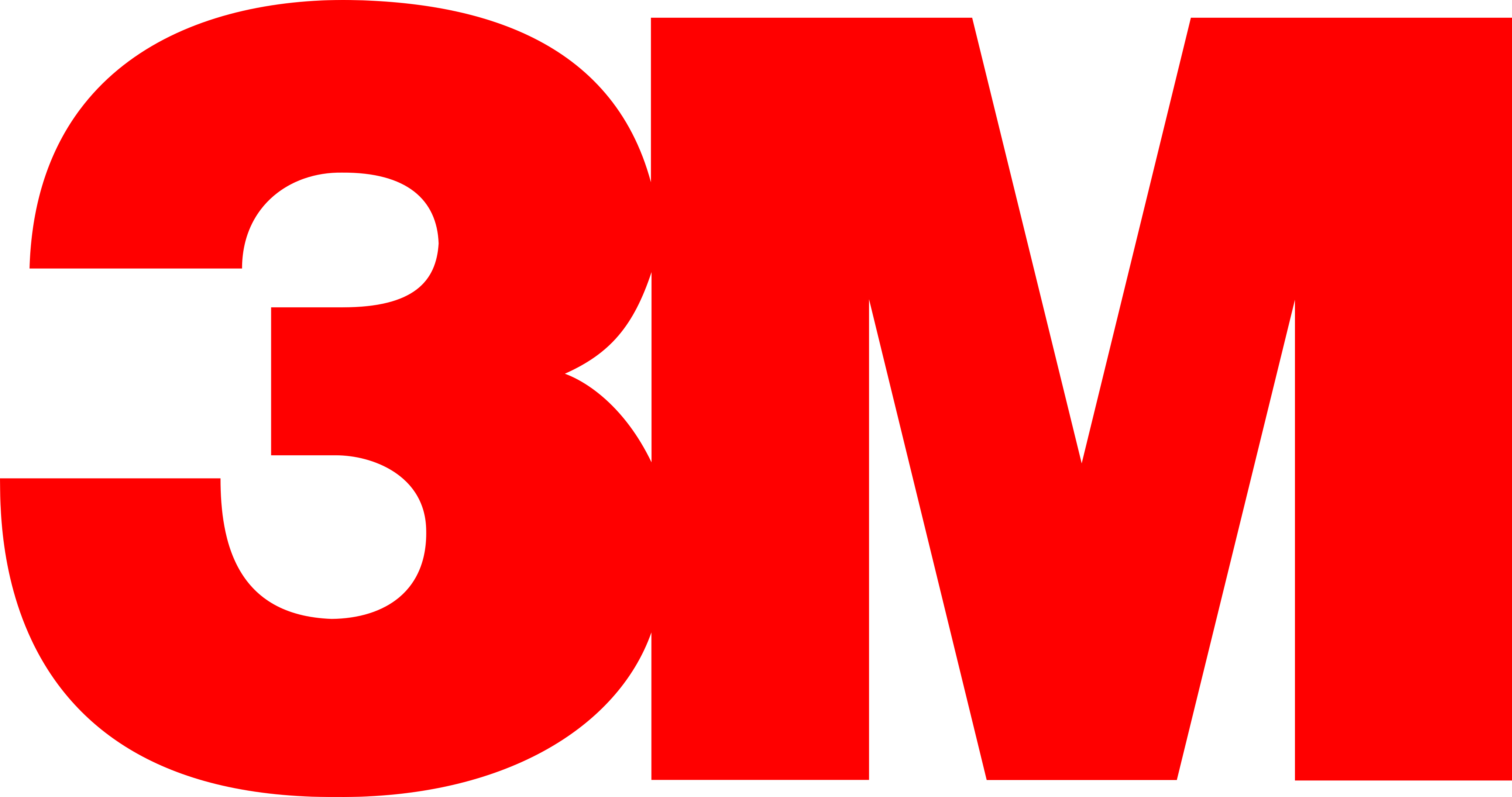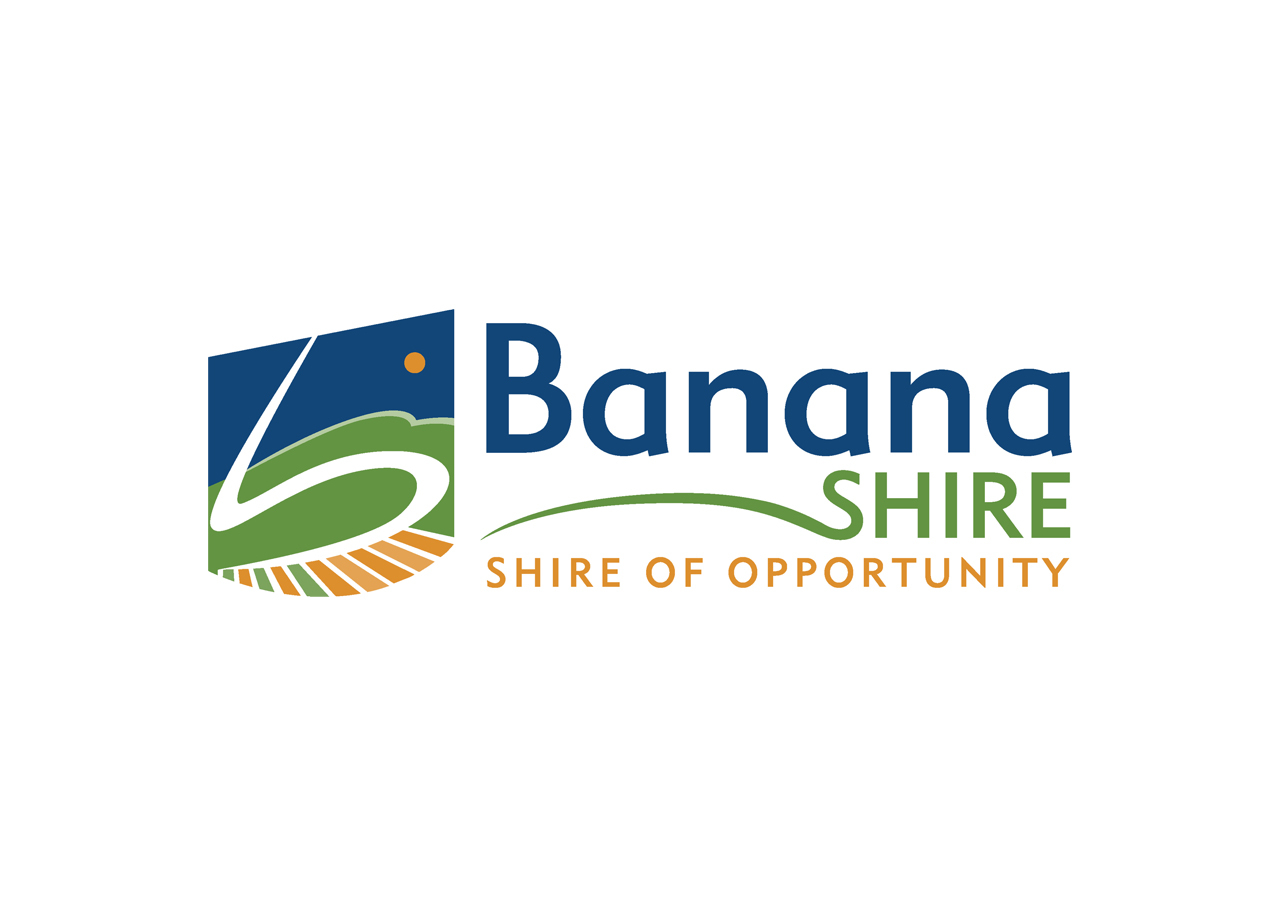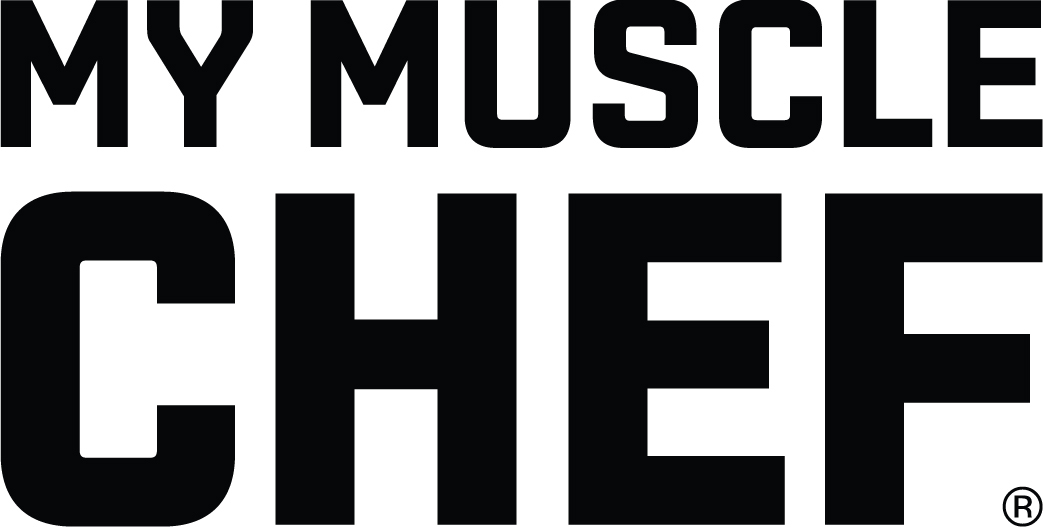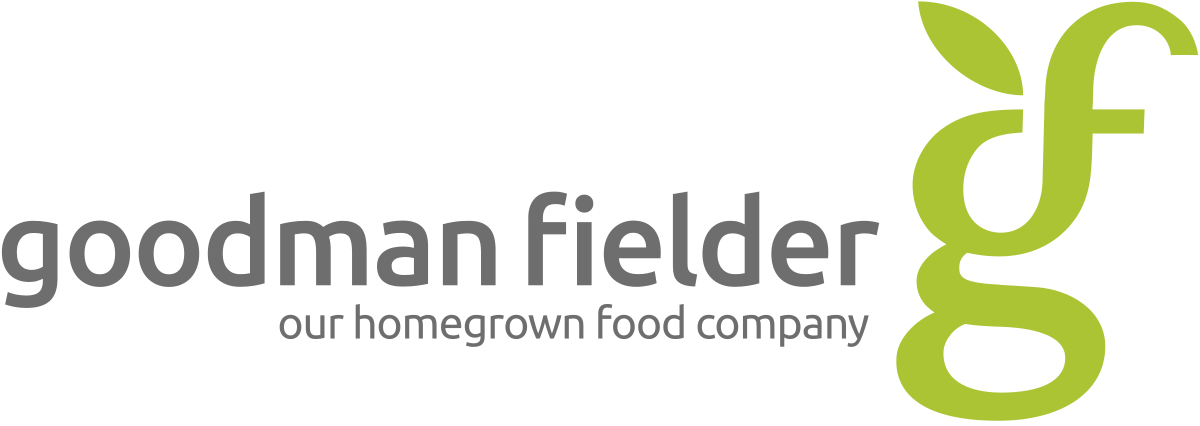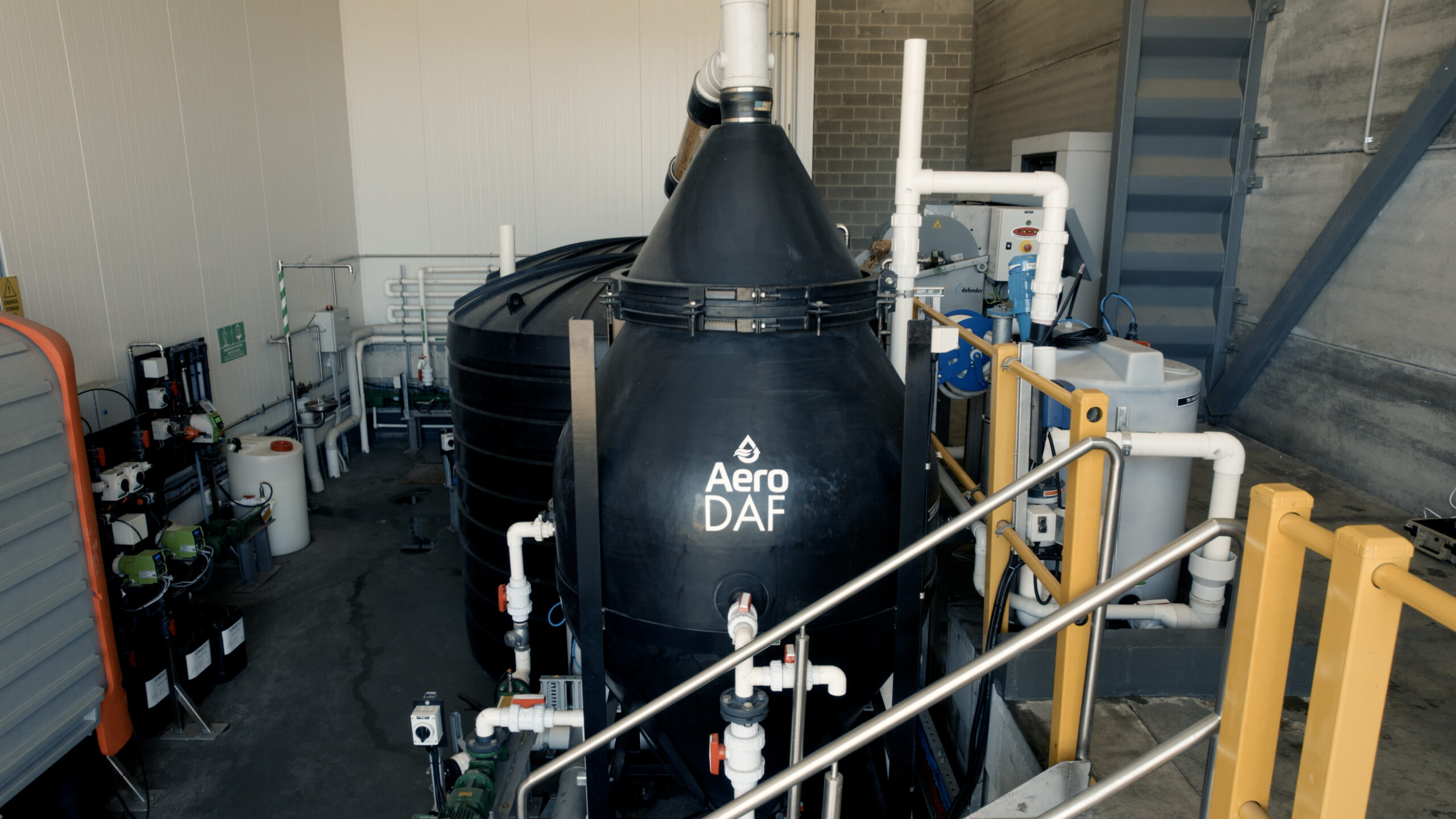
Meyer Food Meat Processors Case Study
Meat manufacturer Meyer Food Co. utilised Aerofloat’s AeroDAF to ensure compliancy for its meat processing facility.
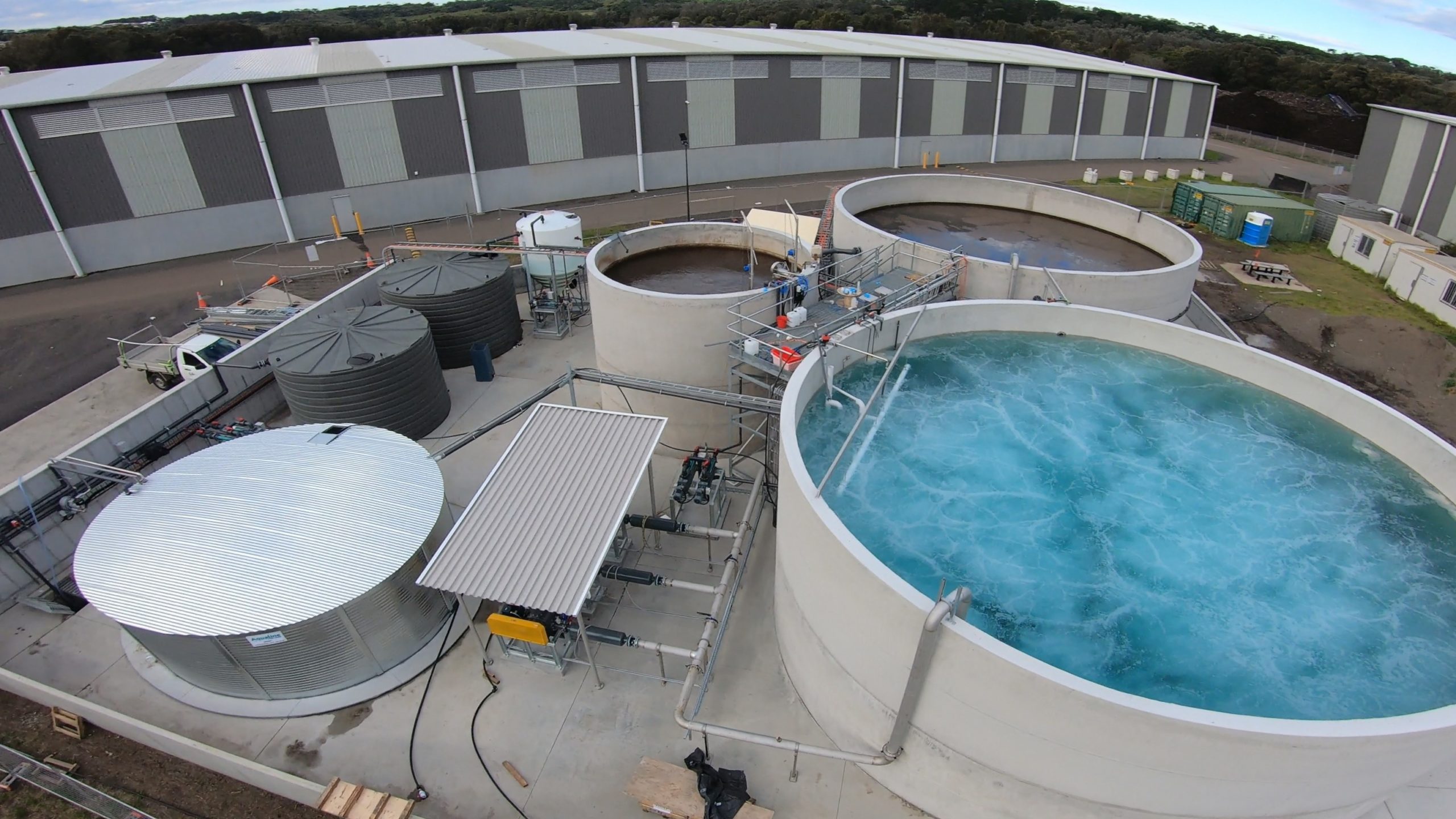
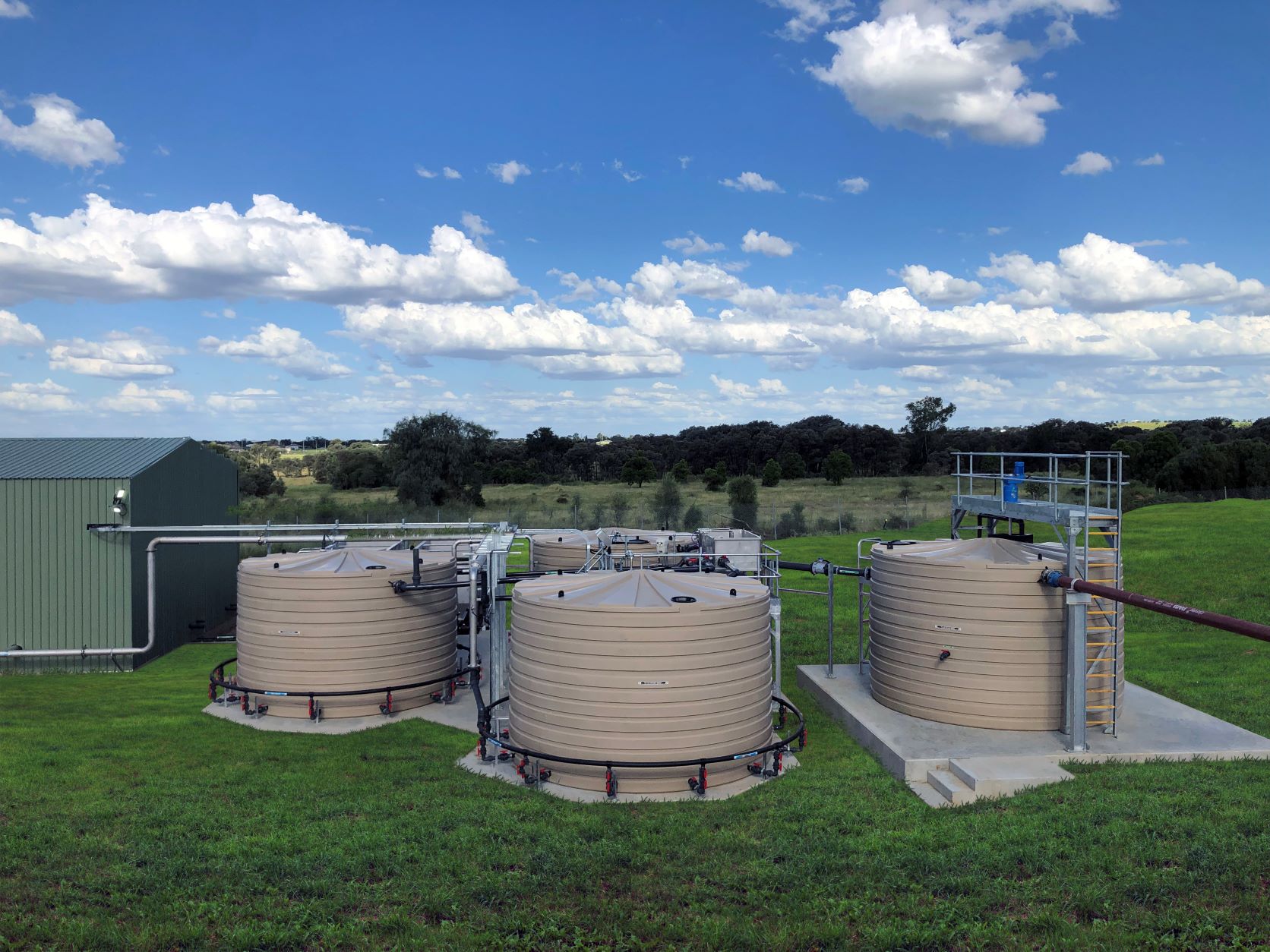
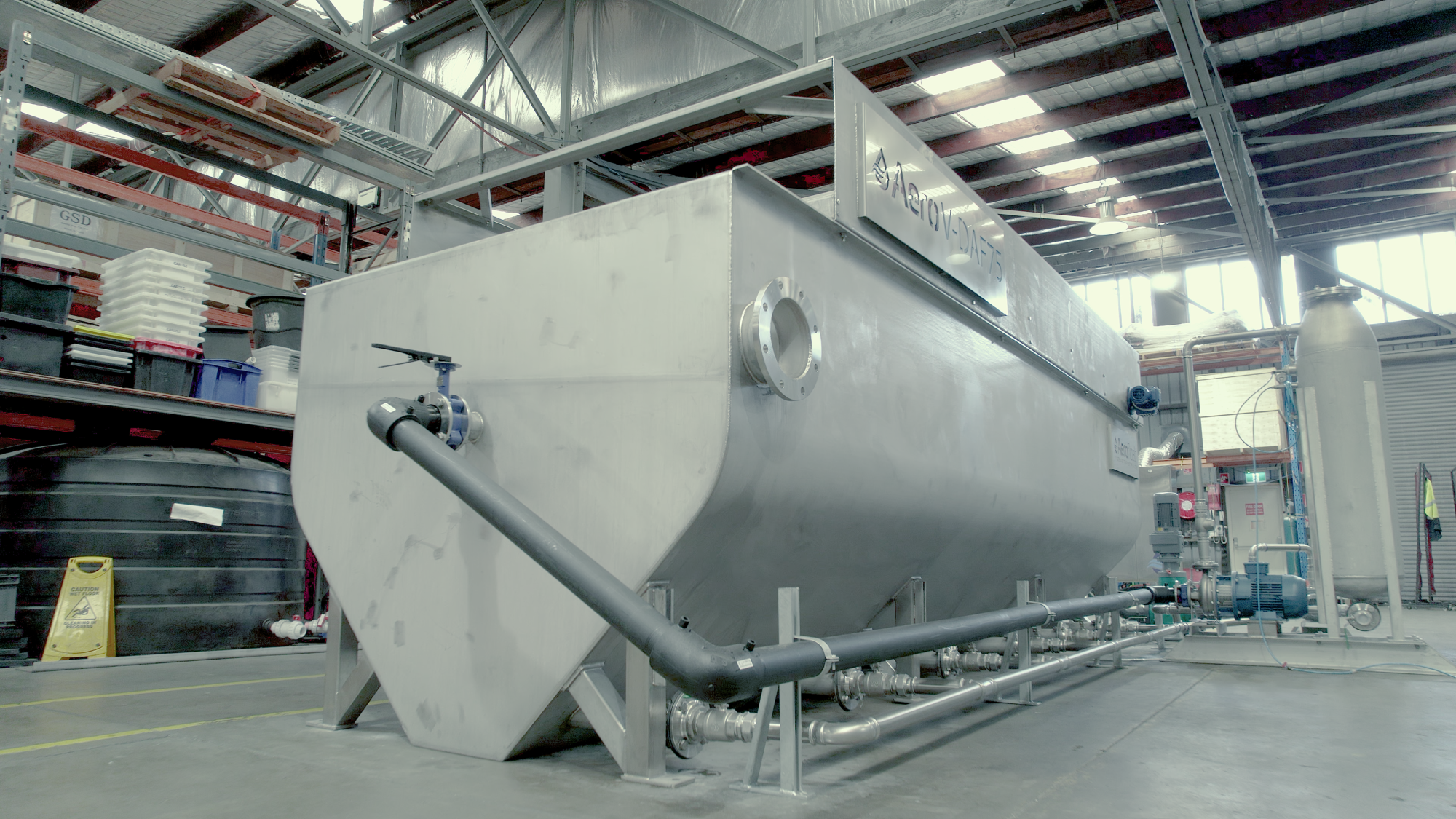
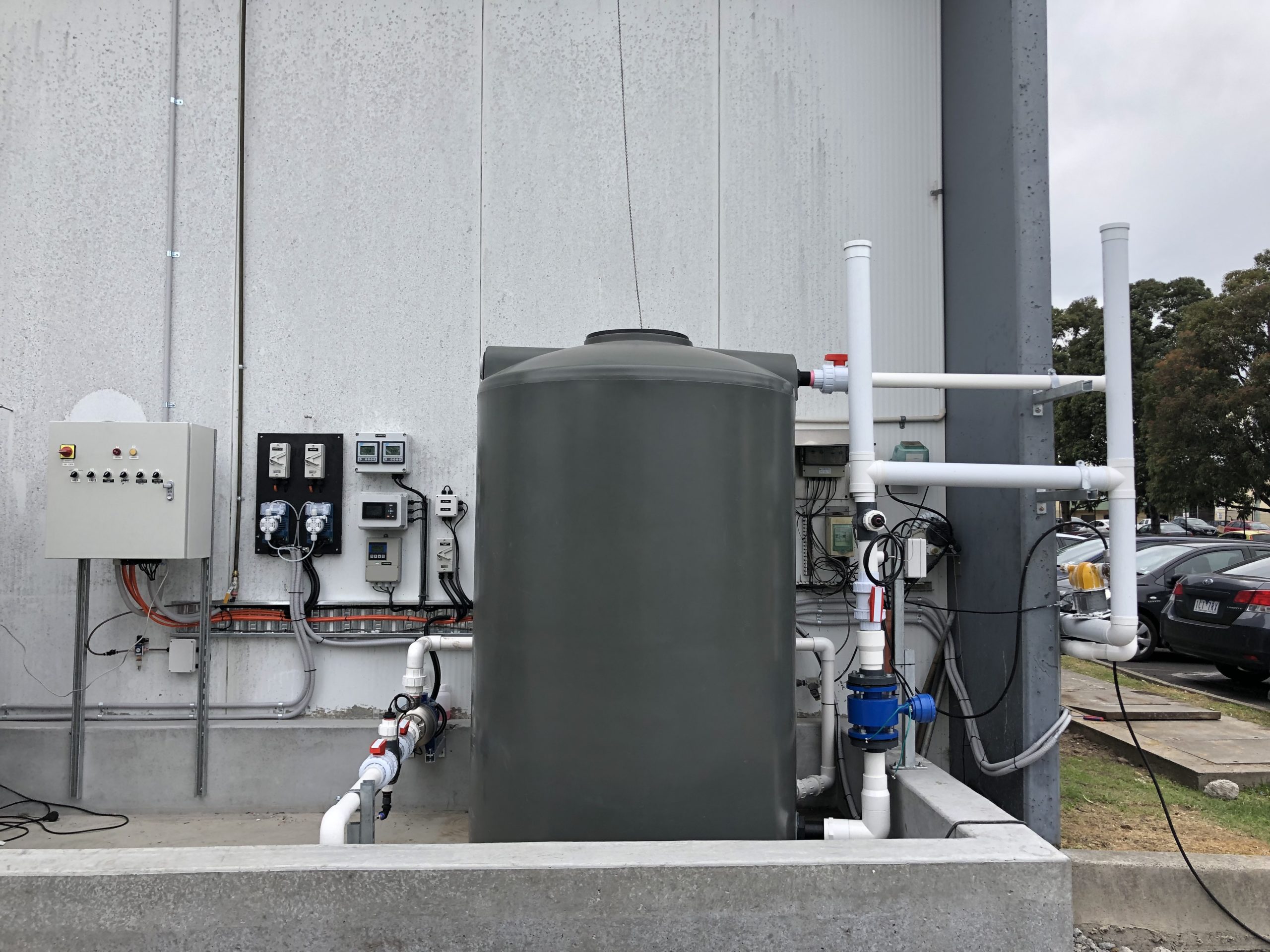
Australian Recycled Plastics (ARP) required a solution to reuse its wastewater and reduce odour in the production facility as well as the finished products.
Aerofloat provided a wastewater treatment system utilising its patented AeroDAF and AeroMBBR technologies, to allow ARP to re-use its wash water in its plastics processing without any offensive odours being present.
The solution meant that ARP could operate at full capacity, with odours eliminated and without having to dispose of wastewater and regularly refill with fresh water.
The fully automated wastewater treatment system from Aerofloat provided odour reduction in the production facility and an odour-free finished product.
Narrabri has an average mean rainfall of 650mm per year and water supply is limited in the area. As such, water conservation is imperative for ARP.
When building the greenfield plastics recycling plant, ARP installed a half million litre water capture facility from the roof of the 4000m2 building, as well as a water recycling system to treat the process wastewater. This system consisted of fine screens followed by ultrafiltration.
Upon commencement of production, ARP found that a major odour problem arose at the plant as the water recycling design did not address any soluble contaminants in the water.
These contaminants were being generated primarily from the degrading soluble protein and lactose from residual dairy products in the plastic. The resulting odorous water was causing occupational health and safety issues for the workers and was also affecting the quality of the finished product – a pelletised plastic form of Polyethylene (PE) and Polyethylene Terephthalate (PET). The PE and PET pellets are used for products demanding high quality specifications, namely the manufacture of food meat trays and as a component in composite plastic decking material.
To resolve the odour and contamination problems, ARP was forced to regularly dispose of wastewater and refill with fresh water, as well as limit the production hours, thereby causing major interruptions to operations. The operational down time and cost of replacing the water was not a viable long-term option for the company. ARP needed a swift solution to continue operations, which is where Aerofloat stepped in.
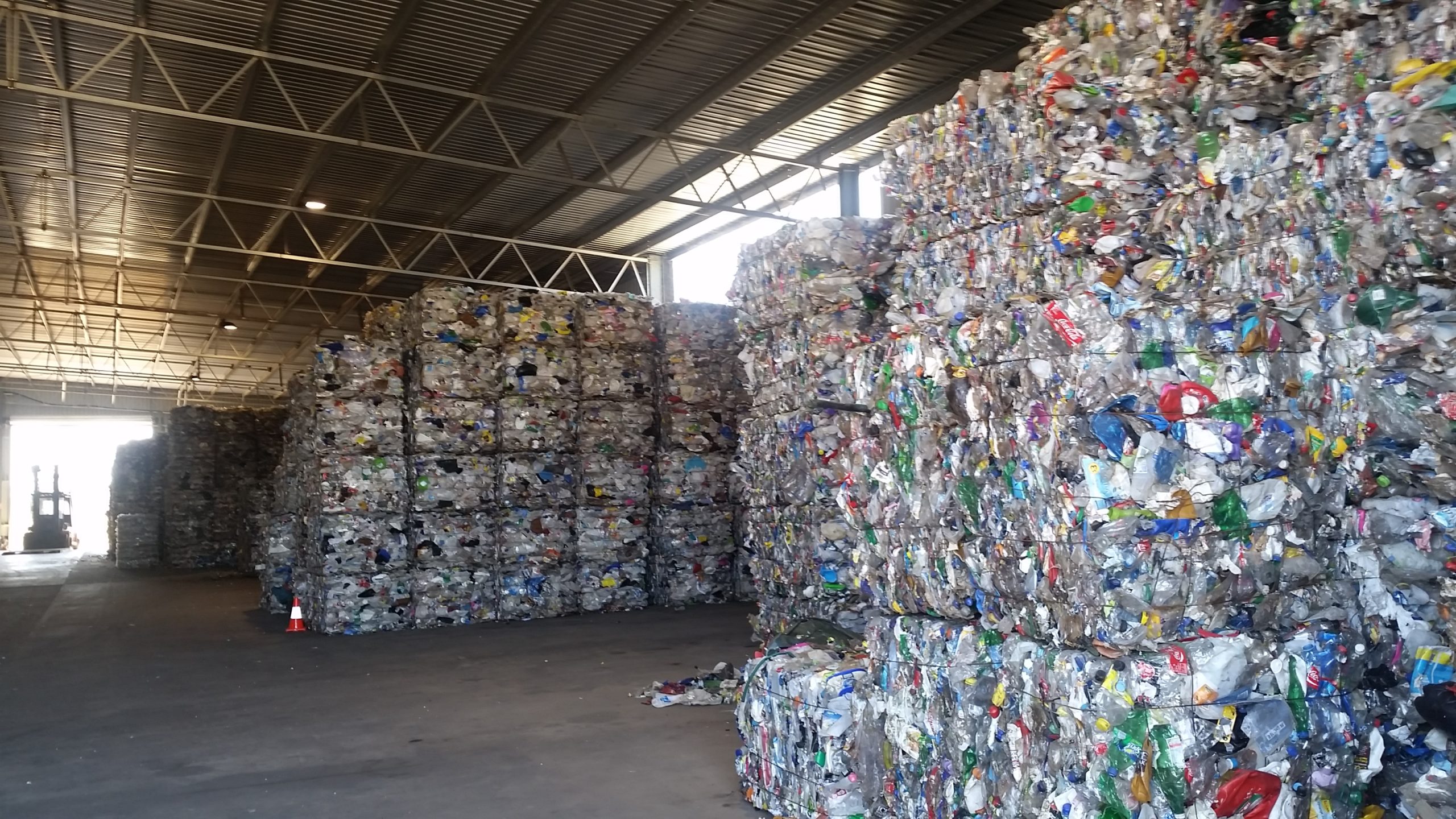
In the tank, the PE floats and the PET sinks. This process requires large volumes of recirculating water. As this water becomes contaminated, often with residual dairy components from ice-cream, yoghurt and milk containers, it must be regularly replaced. This can be a costly exercise, making it desirable to treat and recycle the process wastewater.
Aerofloat provided a wastewater treatment system which included its patented moving bed biofilm reactor (AeroMBBR) and (AeroDAF) products. The system needed to be:
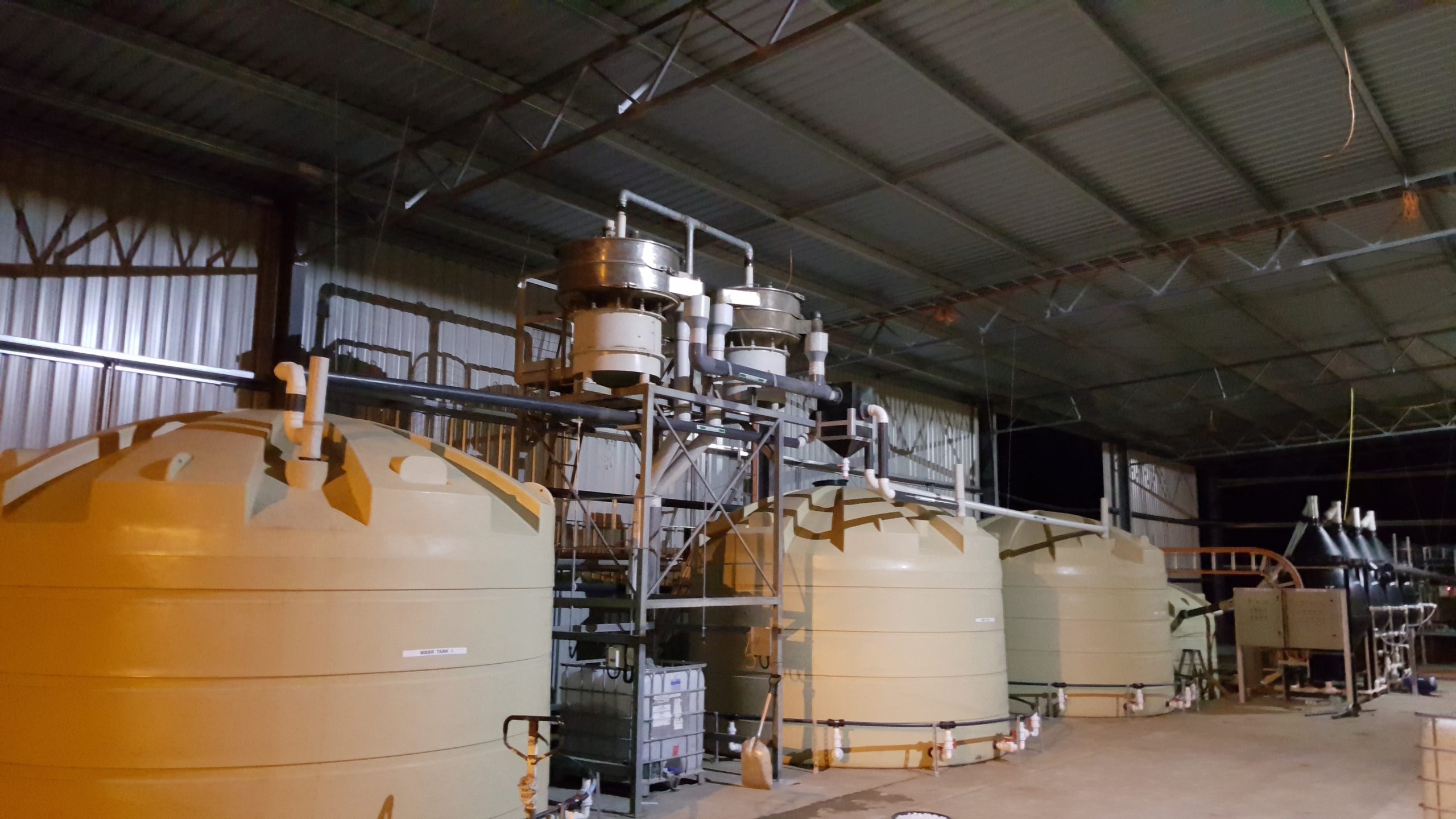
Within one week of Aerofloat installing the system, the odour in the production facility and products was eliminated. Shortly thereafter, ARP was operating at full capacity.
The Aerofloat system has been fully operational since March 2016, making ARP a very satisfied client.
Download Australian Recycled Plastics Case Study
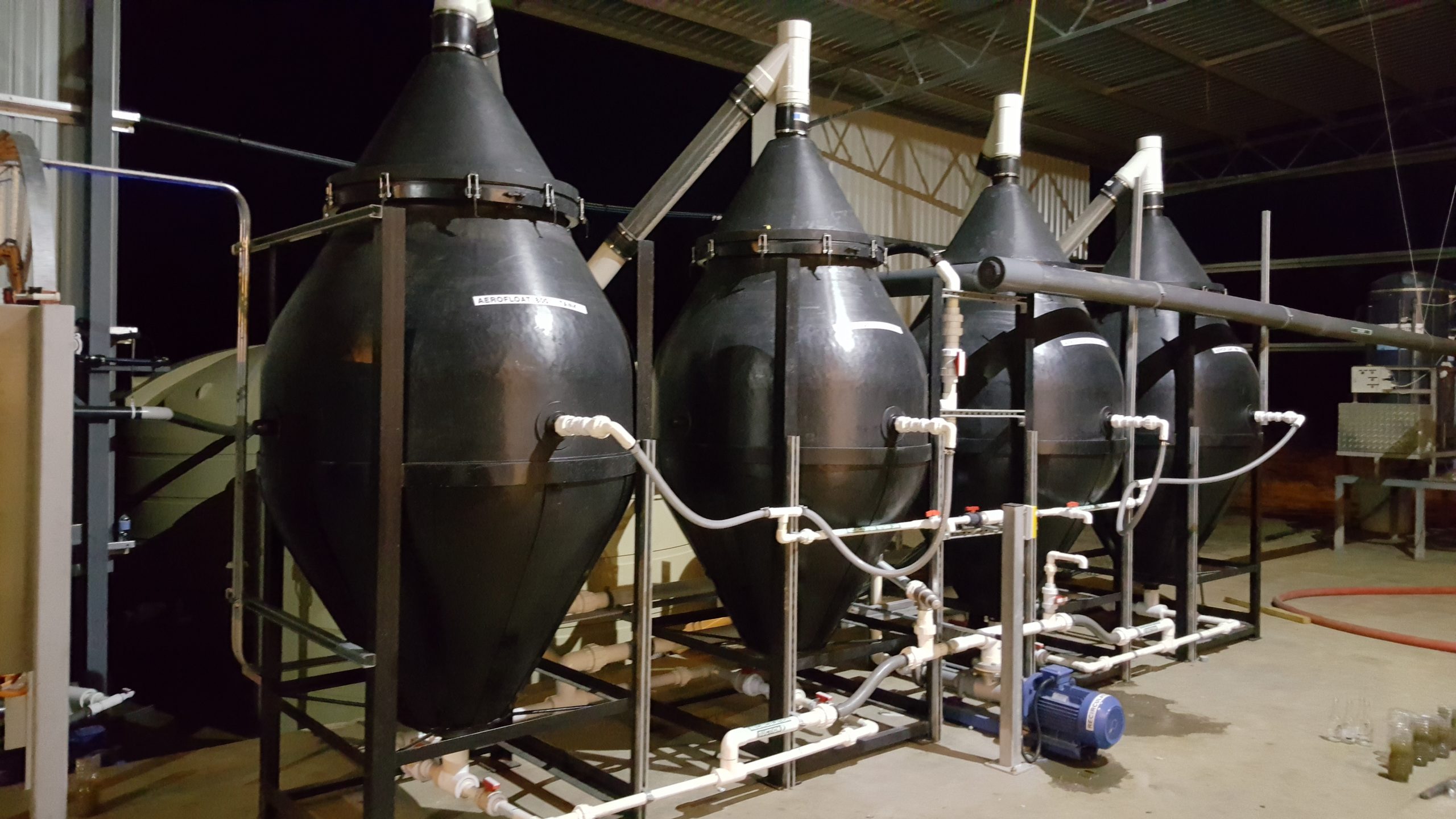

Meat manufacturer Meyer Food Co. utilised Aerofloat’s AeroDAF to ensure compliancy for its meat processing facility.
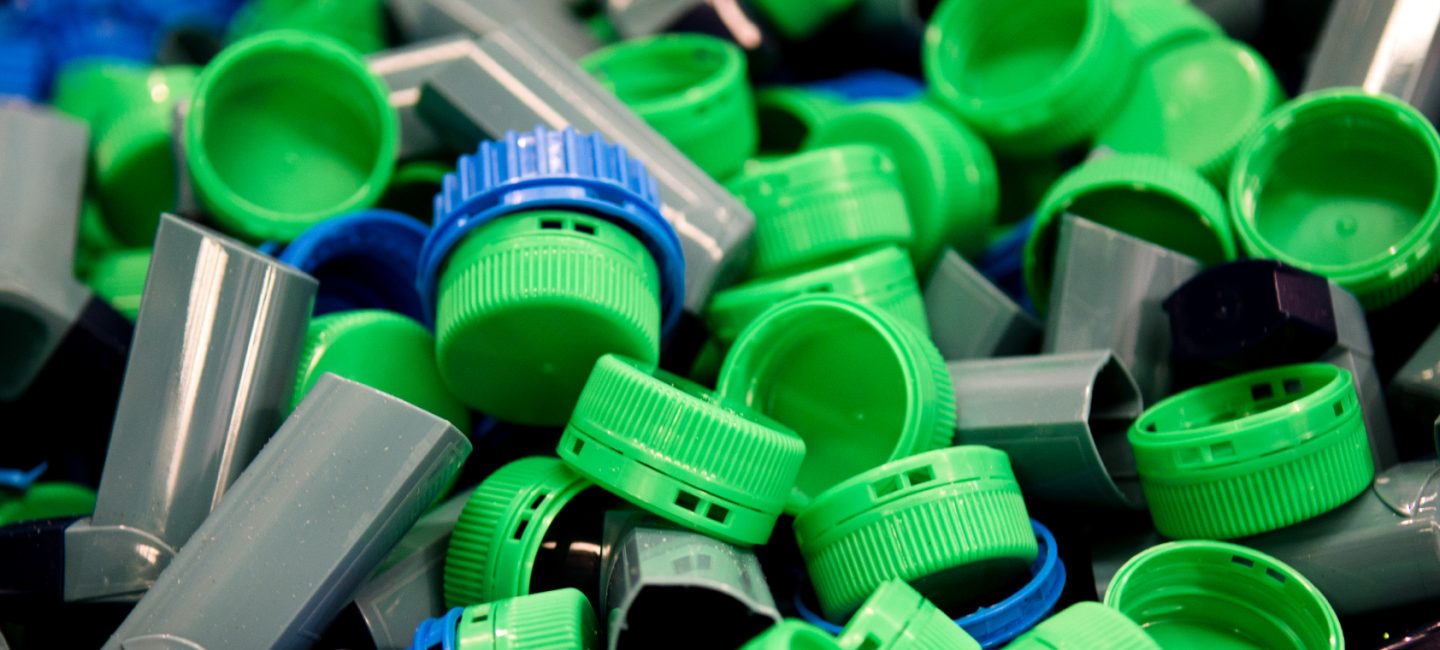
Circular Plastics Australia’s new plant in Altona North, Victoria, will recycle high-density polyethylene (HDPE) and polypropylene (PP) plastics from the Melbourne community. It required a wastewater treatment solution that would meet Melbourne city’s strict trade waste requirements.
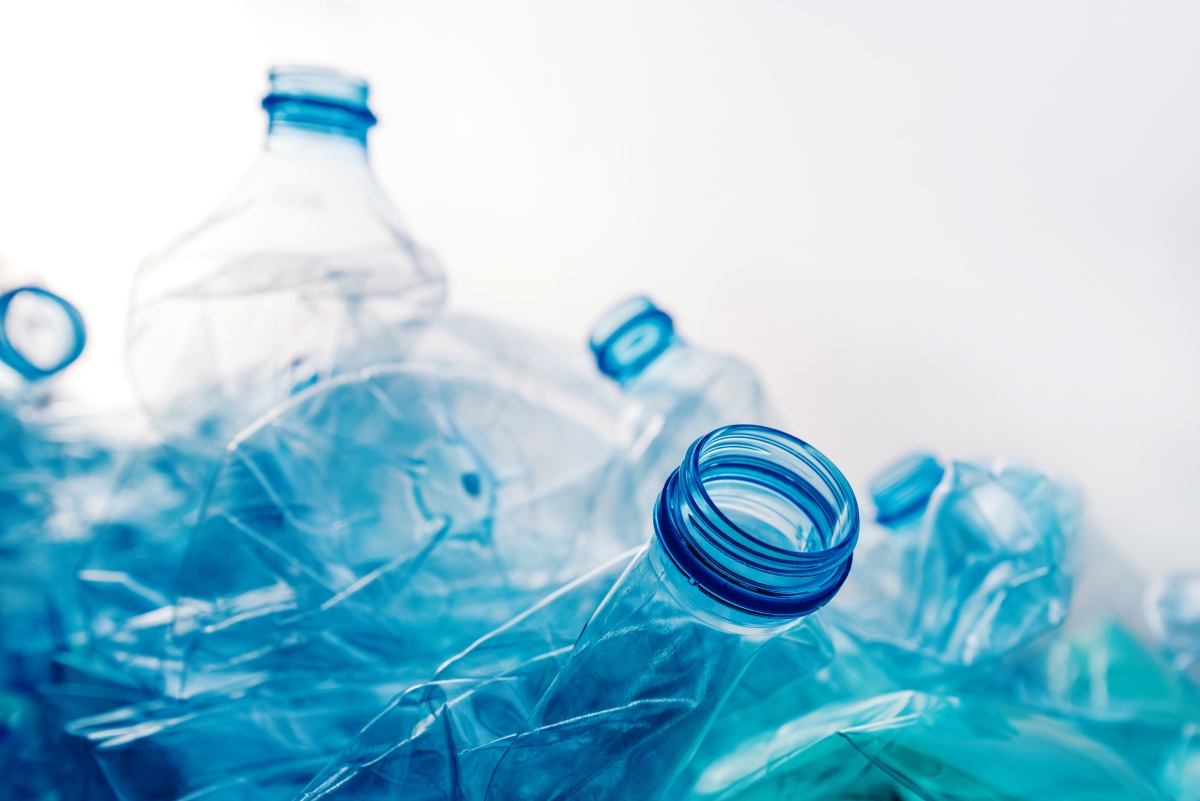
Circular Plastics Australia’s new plant in Laverton, Victoria, required a wastewater treatment solution that would meet Melbourne city’s strict trade waste requirements. Aerofloat has worked with Circular Plastics Australia on multiple projects to ensure compliant wastewater.




